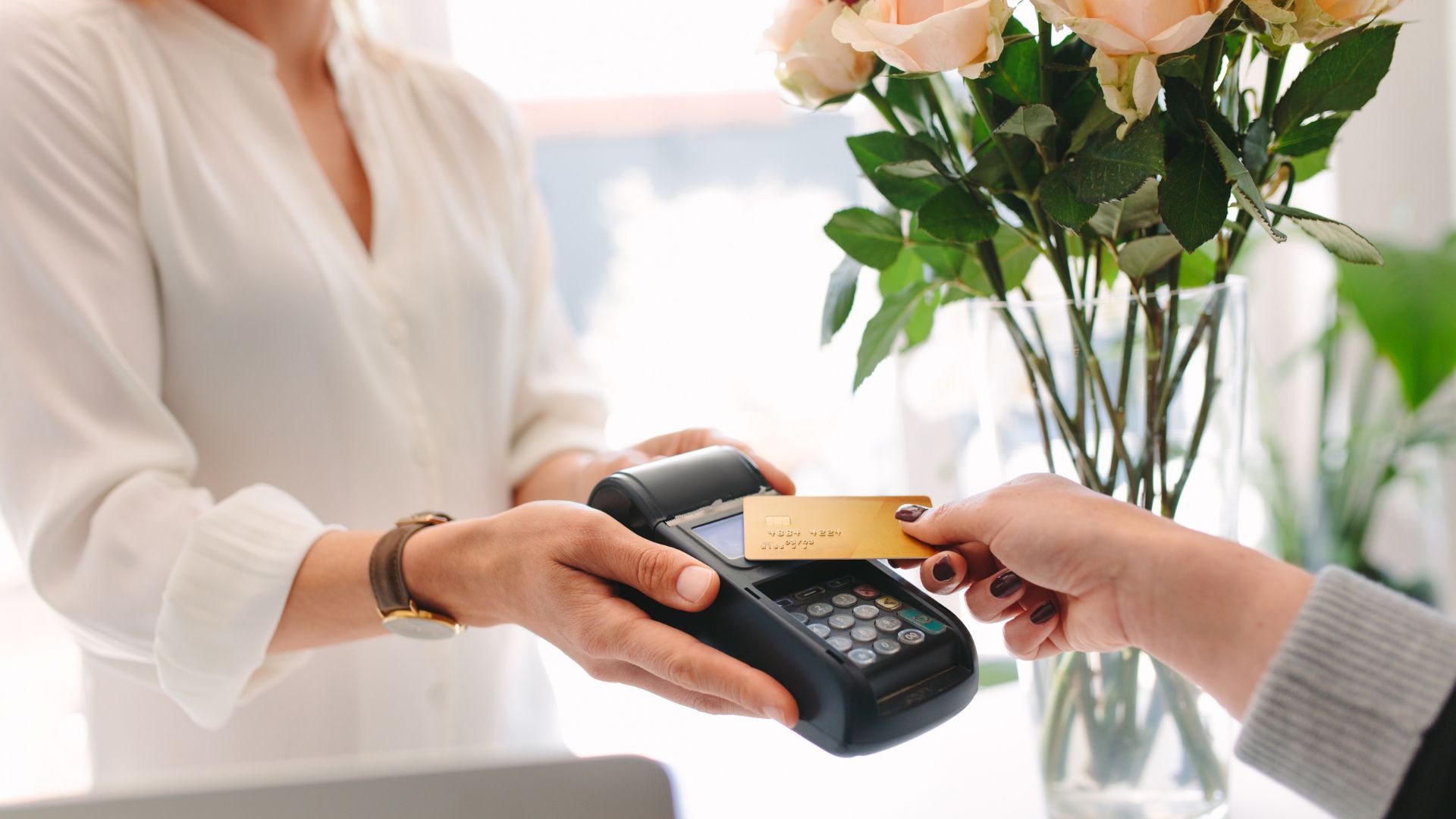When planning a trip abroad, one of the first questions travelers often ask is simple: should I bring cash, or will my card work everywhere? Albania is no exception. While the country is rapidly modernizing, cash still plays a big role in daily life. This guide will give you a clear idea of what to expect, when to rely on your card, and when to keep some local currency in your pocket.
Currency in Albania
The official currency of Albania is the Albanian Lek (ALL). Euros are sometimes accepted in tourist-heavy areas like Sarandë, Ksamil, or Tirana city center, but prices are usually better in lek. If you pay in euros, expect to receive change in lek, often at a poor exchange rate. ATMs are widely available in Tirana and other large cities, but in rural towns or mountain villages, you may find only one machine—or none at all. For this reason, it’s always smart to carry some cash, especially if you are planning trips outside major urban areas.
Card Acceptance in Albania
Where cards are usually accepted
- Hotels and larger restaurants in Tirana or along the Riviera often accept Visa and Mastercard.
- Supermarkets and shopping malls in bigger cities generally have card terminals.
- Gas stations on major highways increasingly take card payments.
Where you still need cash
- Small family-owned restaurants (tavernas), particularly in villages or seaside towns.
- Local markets and street food vendors—cash is the rule.
- Public transport (buses, minibuses, furgons) is always cash only.
- Taxis: in Tirana some taxis are starting to use card terminals, but most still prefer cash. For airport transfers, it’s good to check in advance.
Example: In Tirana you might pay for dinner at a modern rooftop restaurant with your card, but if you head to Theth or Valbona for a hike, even the guesthouses will expect cash.
How Much Cash Should You Carry?
Travelers often overestimate the amount of cash needed. For most short stays, withdrawing the equivalent of €100–200 in lek is more than enough. Use your card whenever possible, and keep cash for small expenses, transport, or emergencies.
Tips to manage cash:
- Withdraw from ATMs attached to major banks (like Credins, BKT, Raiffeisen).
- Avoid independent ATMs with high fees.
- Carry small bills (200–500 lek), as some local shops or taxi drivers may not have change for larger notes.
Related Services for Travelers
If you’re arriving in Tirana and wondering about transport, remember that finding a taxi in Tirana is straightforward, especially if you book ahead. For those landing by plane, a Tirana airport taxi is the easiest way to reach your hotel without worrying about cash right after arrival.
Practical Tips for Managing Money in Albania
One of the best strategies for tourists is to use a combination of both card and cash. Cards work well in urban areas, while cash ensures that you are never caught unprepared in smaller towns or remote destinations. Always notify your bank before traveling, as foreign transactions can sometimes trigger security blocks.
Check whether your card charges international fees. A small percentage on every payment can add up quickly if you rely only on cards. In contrast, withdrawing larger amounts of lek at once can help you minimize ATM fees. Keep in mind that Albania is still a largely cash-driven economy, and you may find yourself needing cash at unexpected times.
Another important detail: tipping. While not mandatory, it is common to leave around 10% in restaurants. Many smaller venues prefer tips in cash even if you paid the main bill with a card.
Common Mistakes to Avoid
- Relying only on euros: While euros may be accepted in certain tourist hubs, the exchange rate is usually unfavorable.
- Assuming every restaurant or bar in Tirana takes cards: Smaller, traditional places still operate on cash only.
- Carrying only large bills: Shops and taxis often cannot provide change for big notes.
- Leaving all your money in one wallet: It’s safer to split cash into smaller amounts and keep them in different places.
Internal Travel Connections
Money is not only about restaurants and shops—it also matters for how you move around Albania. Public transport and taxis are almost always paid in cash. If you plan to explore beyond Tirana, having some cash ready will save you time and stress. If you are still deciding whether Albania is the right destination, check out our guide on is Albania worth visiting? which can help shape your travel plans.
Final Thoughts
Albania is gradually embracing card payments, especially in larger cities and tourist resorts, but cash remains essential for daily travel. By carrying a reasonable mix of both, you’ll be prepared for any situation, from fine dining in Tirana to mountain guesthouses in Valbona. If you are planning your next visit to Albania, feel free to contact us and we’ll be glad to assist you during your trip.
Frequently Asked Questions
Can I use euros everywhere in Albania?
No. Some hotels or tourist spots accept euros, but prices are better in lek. Always carry local currency.
Are credit cards widely accepted in Albania?
Yes, in bigger cities, supermarkets, malls, and modern restaurants. But in villages, markets, and public transport you need cash.
Are ATMs safe in Albania?
Yes, if you stick to machines attached to major banks. Independent ATMs may charge higher fees.
How much cash should I bring for a week in Albania?
For most travelers, the equivalent of €100–200 in lek is enough, combined with card usage.
Do taxis in Tirana accept card payments?
Some do, but most prefer cash. For airport transfers, it’s best to book in advance with a trusted Tirana airport taxi service.
Is it safe to use my card in Albania?
Yes, card payments are generally secure, but always monitor your statements for unusual charges, just as you would anywhere else.



Comments are closed